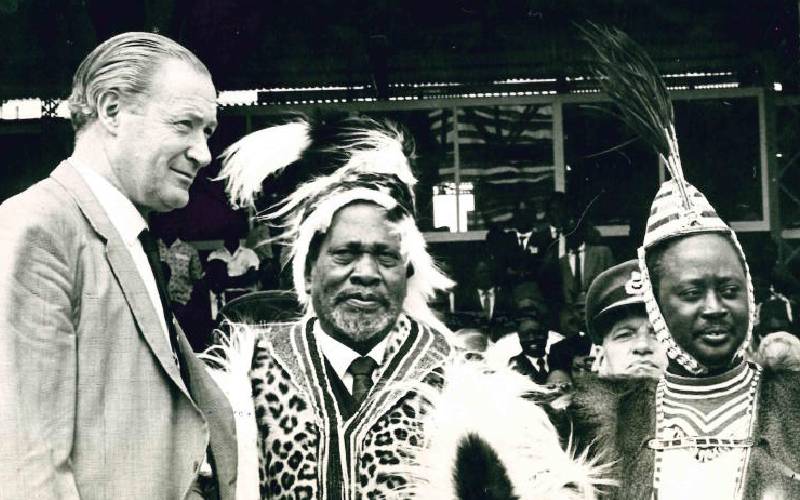×
The Standard e-Paper
Kenya’s Boldest Voice

Duncan Sanys (left), Jomo Kenyatta and Jaramogi Oginga Odinga. [File, Standard]
In politics, betrayals are part of the game. Politicians backstab each other without giving a damn.